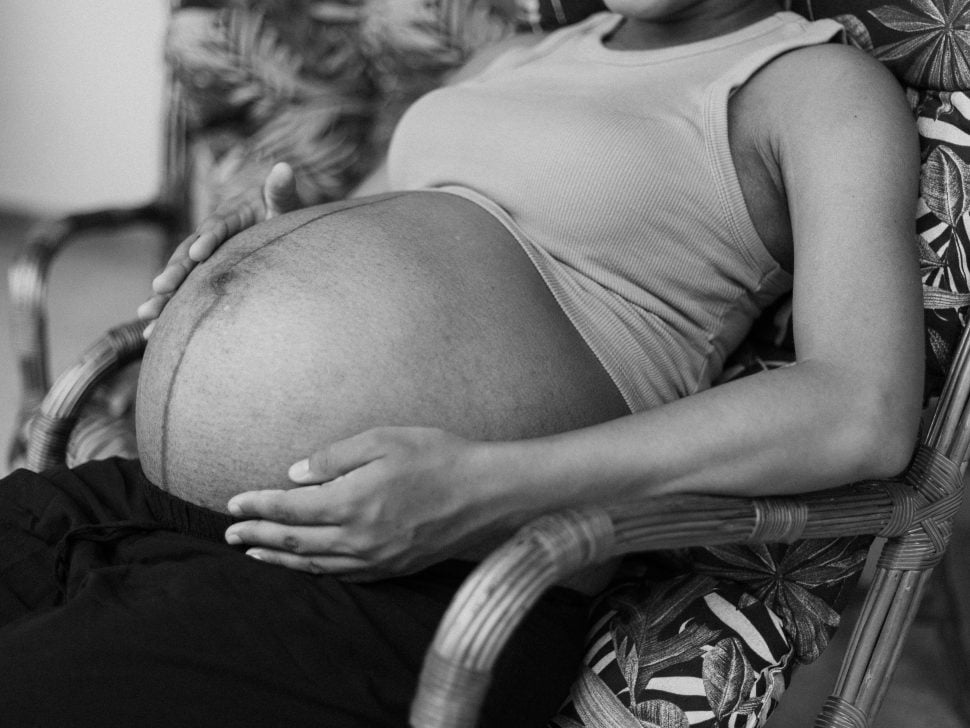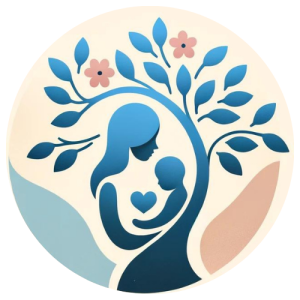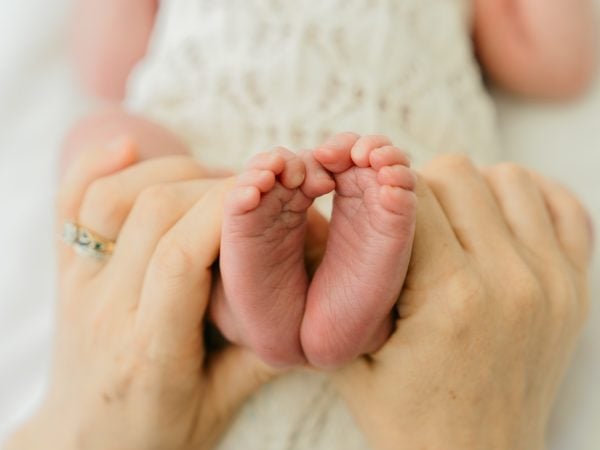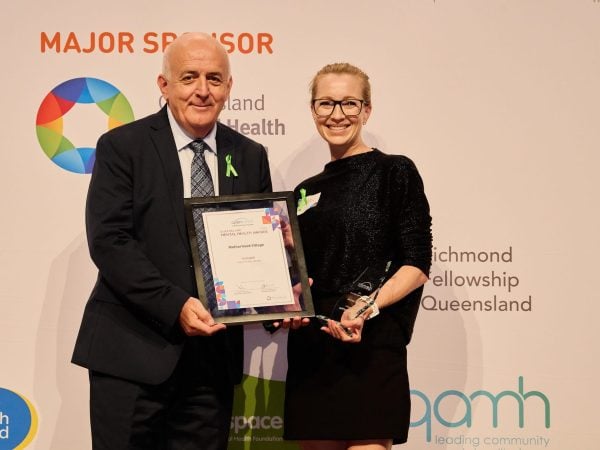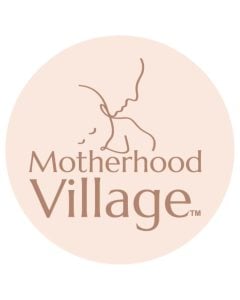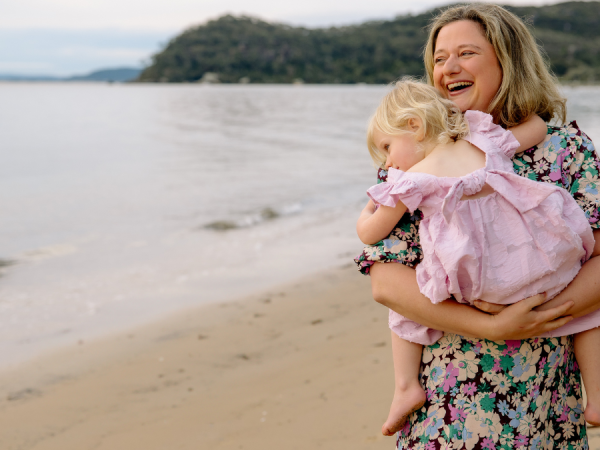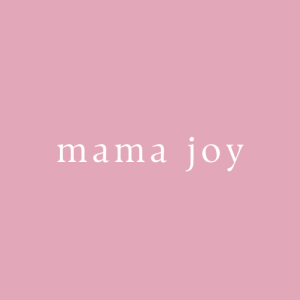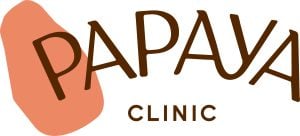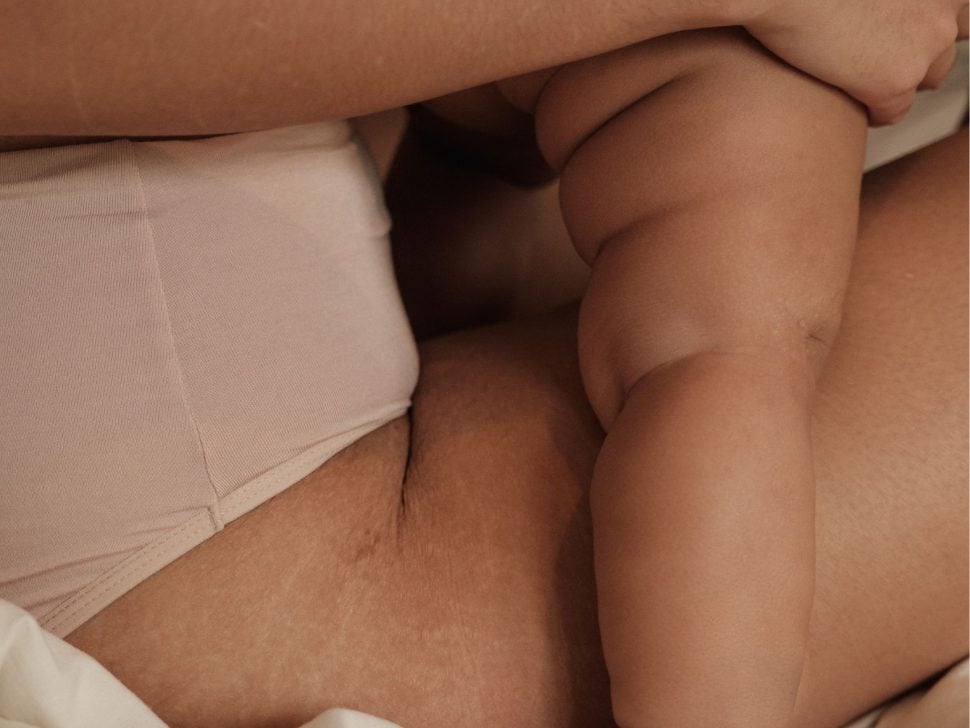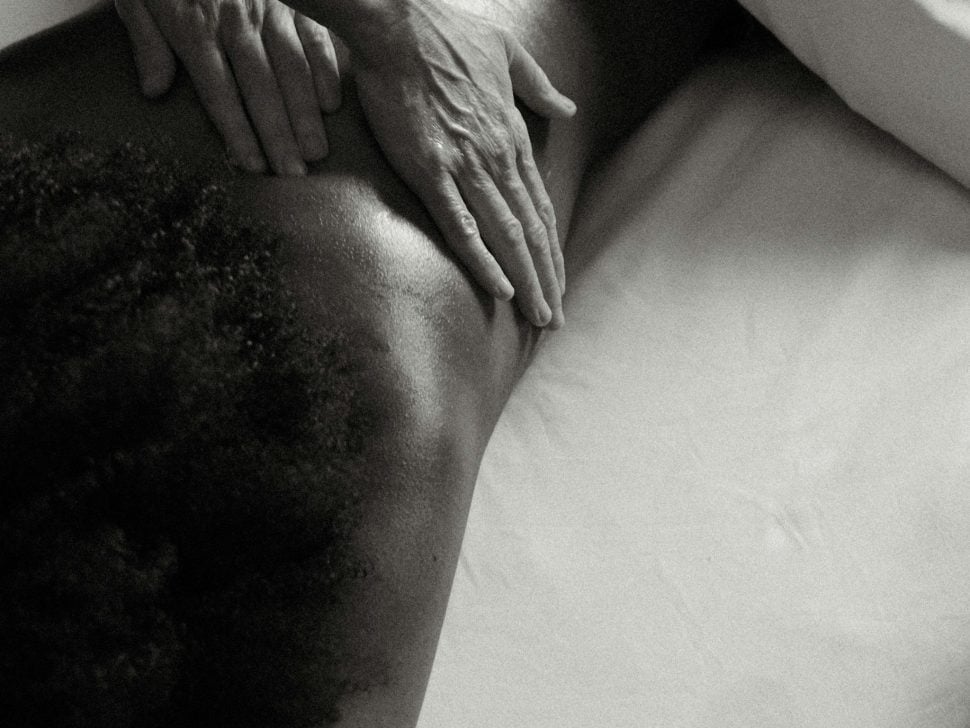Mums in Bloom
Hi, I’m Mandy — a registered perinatal psychologist, mum of three (including a new baby born in 2025), and the founder of Mums in Bloom.
I support pregnant and new mothers who are finding this season more emotional, confusing, or isolating than they expected. If you’ve ever thought, “I love my baby, but I feel like I’m falling apart,” you are exactly who I support — and you are not alone.
With over a decade of experience in psychology, my work focuses on the real inner world of motherhood — the mental load, identity shifts, emotional ups and downs, and pressure to do it all “right.” I bring both my professional background and personal lived experience to create a space where you feel seen, validated, and supported.
At Mums in Bloom, I offer gentle resources for both pregnancy and postpartum, including:
🌸 Free guides for third trimester prep and those “not-what-I-expected” early weeks
🌸 Low-cost seminars on body image and postnatal mental health
🌸 A beautifully supportive 8-week online program for first-time mums in the first 6–8 months postpartum
🌸 A mini guide for partners to help them show up, step in, and stay connected during this major life transition
Whether you’re feeling anxious, flat, overwhelmed, or just unsure who you are anymore, I’m here to walk alongside you. My support is gentle, practical, and free of judgment — like chatting with a mum-friend who gets it, but with the expertise to back it up.
I believe motherhood was never meant to be done alone. Let’s make sure you don’t have to.
I am a Member of the Australian Psychological Society (APS) and fully registered with AHPRA.

